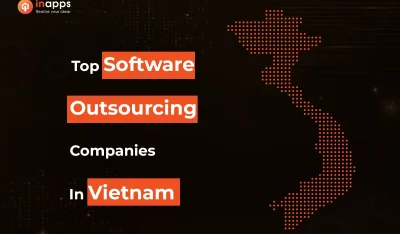Snowflake sponsored this post.

Consistently recognized as one of the most satisfying and often lucrative technology jobs in recent years, data scientists are in high demand across all industries and sizes of companies. Such popularity means that any data scientist will likely encounter plenty of competition when applying for a new or upgraded position, especially when seeking entrance into coveted companies.
As a candidate, it’s no longer sufficient to work through the machine learning life cycle. To impress a prospective employer, you must demonstrate a continuously broadening and differentiated range of skills and proven technical adeptness to go beyond those of your peers.
So why is a less-specific focus important? Leading companies know the data science field itself remains in flux and is continuing to evolve, as both new technologies emerge and the applications of insights from structured, semi-structured and unstructured data proliferate. For instance, in just the last few years, the job of data scientist has changed from a reliance on hard coding to focus more on reusing existing building blocks, such as frameworks. Hence the need for candidates who possess true technical adeptness.
All in all, the ongoing shifts in the data science discipline speak to the value which organizations today and tomorrow will place on hiring data scientists with wide skill sets that go beyond math, programming, machine learning, and data wrangling and transformation.
Here are the five areas where a data scientist can look to broaden and build out their skill sets to significantly enhance their employment prospects:
- Become a programming language polyglot. Build up proficiency in several programming languages: not only Python and R, but also SQL, given that so much of the world’s structured data still resides in SQL databases. Being able to write SQL queries gives a data scientist access to information in a database, which they can then analyze further using their knowledge of Python or R.
- Gain and demonstrate a holistic understanding of the data pipeline. Increasingly, companies expect their data scientists to take on additional responsibilities and work outside of previous data silos, for instance, to easily go and find source data and process it at scale. Expanding their knowledge of all the elements in and around the data pipeline can help data scientists confidently take on extra duties. Some areas to study up on and gain familiarity with include:
- Data orchestration by learning tools such as Airflow, Luigi or Prefect.
- Becoming more familiar with cloud infrastructure platforms such as Amazon Web Services (AWS), Microsoft Azure and Google Cloud Platform (GCP).
- Develop storytelling abilities and enhance data visualization skills. Many data scientists already use visualization to share data-derived knowledge and insights with their peers elsewhere in the organization. Pairing storytelling with data visualization can help data scientists more easily collaborate and effectively communicate their findings with IT and business colleagues, and then use feedback from those communities to further refine their algorithmic and scientific approaches to data extraction and insights.
- Hone subject matter expertise capabilities. To derive true insight for an organization, a data scientist often has to quickly acquire specific domain understanding. For instance, they might have to get up to speed on the key tenets and vocabulary of a particular industry, be it finance, healthcare, retail, life sciences or a micro vertical. This skill set draws on multiple components, including the ability to identify one or more subject matter experts (SMEs) best able to rapidly disseminate knowledge, as well as the data scientist engaging in plenty of their own research by reading up on a particular domain and becoming fluent in its concepts and common nomenclatures. Look for commonalities in approach across different domains and take time to experiment with the wide variety of available public data sets to help expand your domain knowledge.
- Dig into the ethics of data. At the heart of what data scientists do is using a variety of data sets. Studying and then developing a strong sense of the ethical implications around the collection and usage of data is a key skill to learn, particularly as the perceptions both of the general public and of policymakers can change swiftly. Data scientists need to be cognizant of how their work might contribute to reinforcing existing human biases, potentially resulting in some form of discrimination. By learning about data ethics, they can ensure that they, their peers and their entire organization are operating with a high degree of transparency.

A data scientist might end up wearing many different hats, from a statistician and a computer scientist through to a data storyteller and trend identifier, through to a strategist and ethicist. By building out the five skills outlined above, a data scientist is better positioned to fulfill all of those roles and to span both the IT and business domains — and ultimately win out in the job market.
Photo by cottonbro from Pexels.


















